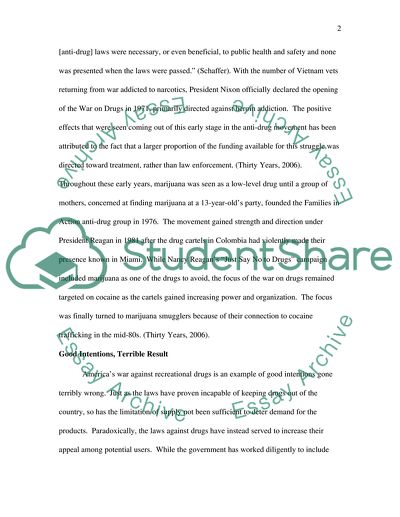Cite this document
(“The Class C Narcotics in England and the Netherlands Research Paper”, n.d.)
The Class C Narcotics in England and the Netherlands Research Paper. Retrieved from https://studentshare.org/law/1561214-short-essay-drugs
The Class C Narcotics in England and the Netherlands Research Paper. Retrieved from https://studentshare.org/law/1561214-short-essay-drugs
(The Class C Narcotics in England and the Netherlands Research Paper)
The Class C Narcotics in England and the Netherlands Research Paper. https://studentshare.org/law/1561214-short-essay-drugs.
The Class C Narcotics in England and the Netherlands Research Paper. https://studentshare.org/law/1561214-short-essay-drugs.
“The Class C Narcotics in England and the Netherlands Research Paper”, n.d. https://studentshare.org/law/1561214-short-essay-drugs.


